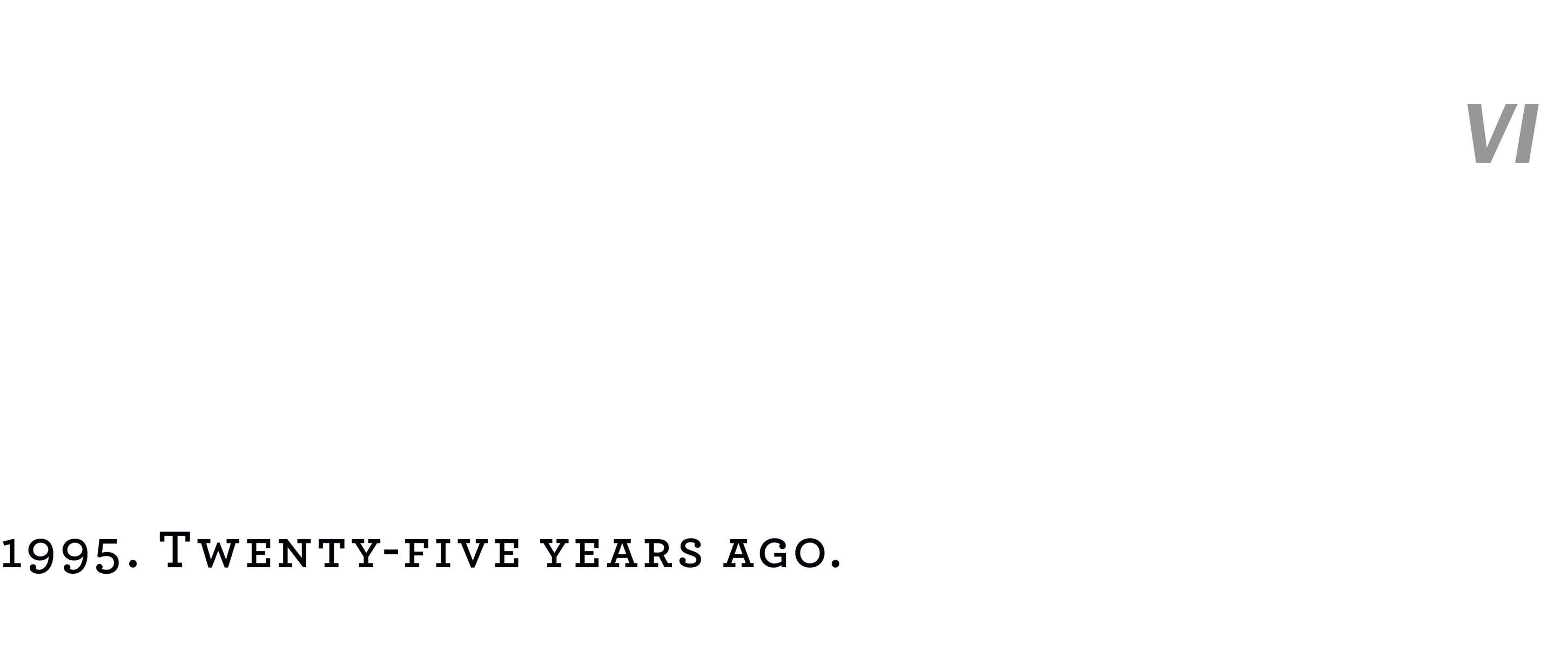
To the students on his floor in the Washington Square Village dorm, it appeared that Jimmy Klinsman wasn’t interested in making friends. He only left his room for classes, work, the library, food—he allowed himself one meal a day—and the occasional walk in the park. He never went to any bars or clubs or parties. He did nothing that involved spending money. And he never invited anyone home for break.
The impression that Klinsman gave was not entirely accurate. He avoided letting anyone see his home because he was ashamed of it. And he had nothing against making friends. It’s just that he was more interested in making money. In a theoretical sense, hence his dedication to study. And in a practical way, as witnessed by the many schemes he either hatched or adapted. A week didn’t go by without him trying something new. One time he figured that mail-in offers on retail products looked so attractive because corporations gamble that their customers wouldn’t redeem them. So he bought cases and cases of cereal, cashed in the tokens on the boxes for airline miles, and sold them to a homesick overseas student. Another time he bought a bunch of magnetic bracelets from a trader in the park, packaged them with phony endorsements that he printed on hospital letterhead that he paid a cleaner to steal, and sold them to football team wannabes. He also tried more mainstream ways to boost his income, like when he got a job as a mystery shopper for three department stores. And when he found he could make more by taking bribes in return for writing flattering reports than he earned in wages, his eyes were opened to what he came to think of as alternative sources of revenue. He dismissed the obvious Ponzi and pyramid schemes as being too risky. But when he temped at a brokerage during his sophomore year he realized there was a way to turn the disappointment of being allocated to the mail room into an advantage, as long as he didn’t pay too much attention to the regulations. Particularly the ones surrounding insider trading.
Klinsman’s roommate, Howard “The Hound” Wilkinson, always asked him along on nights out. Wilkinson didn’t really want the company, but he was a very superstitious guy. He’d invited Klinsman at the beginning of their year together, got lucky that first night, and was always hoping to replicate the feat. Generally he didn’t succeed, and ended up disturbing Klinsman again as he blundered back into their room, drunk and disappointed. But when he stumbled home one night at around 2:00 A.M. after striking out at a party for the last night of a play one of his friends was in, he was surprised to find Klinsman not asleep. Not in bed. Not dressed—not all the way. He just had his underwear on. His briefs were alarmingly small. He was dancing wildly and listening to headphones that were plugged into a giant CD player Wilkinson hadn’t seen before. There was a champagne bottle in his hand. And another empty one, discarded on the floor, spinning lazily after Klinsman had inadvertently kicked it. Wilkinson stood and watched for a moment, and it struck him that this was the first time he’d ever seen his buddy drink.
“Who are you, and what did you do with my roommate?” Wilkinson said, then he repeated himself after Klinsman took his headphones off.
“I am your roommate.” Klinsman’s smile was broad, and his words were slurred. “But I won’t be for long.”
“You’re dropping out? Don’t do it, man!”
“Not dropping out. Moving out.”
“You’re going home? Like, halfway to Canada? That’s crazy. You need to chill. Party, like me, and soon you’ll like the city just fine.”
“I already like the city just fine. That’s why I’m staying in Manhattan. I’m getting my own place.”
“You’re beyond crazy now, man. How can you afford a place? Have you got any idea what the rent’s like? You’d be stuck in a shithole in the Bronx or somewhere. There’ll be entire families of immigrants living in single rooms. Rats. Spiders.”
Klinsman pointed to a piece of paper fixed to the wall above his fax machine, trying its best to curl despite the illegal pins holding it up.
Wilkinson peered at the sheet. He normally wore glasses, but left them in their case when he was out chasing girls. “What does it say?”
“It’s a trading report. It says I just made $1,000,073.17. Think about that. I’m twenty years old. I needed a fake ID to buy this wine. And I’m a millionaire!”
“Fantastic news!” Wilkinson pulled the headphone wire out of the stereo and started jiggling to the sudden beat. “We can get a condo. We’ll have beer delivered every night. And pizza. Think of all the girls—”
“I can’t”—Klinsman hit the power switch and realized his voice was louder than he’d intended—“hear you.”
“I was just saying, our condo, we’ll fix it up real cool, it’ll be a magnet for—”
“Wow, wait. It’s not going to be ‘our’ anything. You’re not coming.”
Wilkinson sat down on his bed. “You’re joking, right? We’re roomies. We stick together. I’d take you with me if the foot was on the other shoe.”
“But would you, now?” Klinsman glared at his friend. “Did you help me take all those Fruit Loops to the food bank?”
“No, but—”
“Did you help me address all the envelopes, to send out the vitamin packs?”
“I didn’t know—”
“I could go on and on, but the answer would always be the same. I’m always working. You’re always partying. Out of all the money I’ve made, you didn’t help me make a single cent. So give me one good reason. If you didn’t help earn it, why should I let you help spend it?”